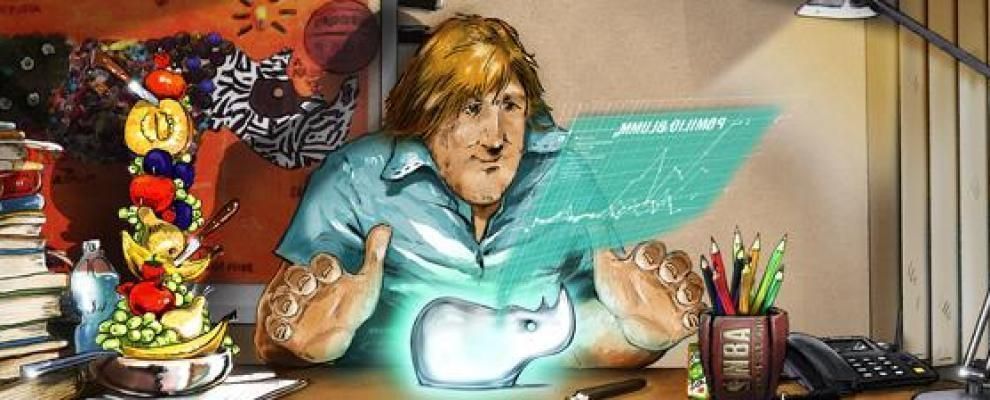Design is a thought activity: we should not replace it with a mere “optimizing” approach, because it’s from imperfections that talent emerges.

Happiness to power, that recalls the memories of 1968, is the title of the new book by José Mujica (La felicità al potere, Italian edition), known to many as the "president of happiness”, and requires questioning the very essence of what we now consider revolutionary.
Utopia has transformed into utopia, and this lexical change reflects the extent of cultural change that took place in the last half of the century. One could say that the collective ideal was replaced by the individual one, except that this new myth of happiness has nothing epicurean about it.
It is the happiness of entire nations we are talking about now, above all. And of collective wellbeing and alternative models to measure it, like the Gross National Happiness index invented by Bhutan or the UN World Happiness Report, which includes, for example, such indicators as the level of corruption or life expectancy.
These ideals require a rethinking of the role of institutions of every size and there is an originally Italian, “local” idea of a Department of happiness in this regard. The renewed institutions need to respond to new needs and necessities, such as access to information and its full usability for everyone. This confirms that communication is much "happier" the closer it is to the citizen, every day.